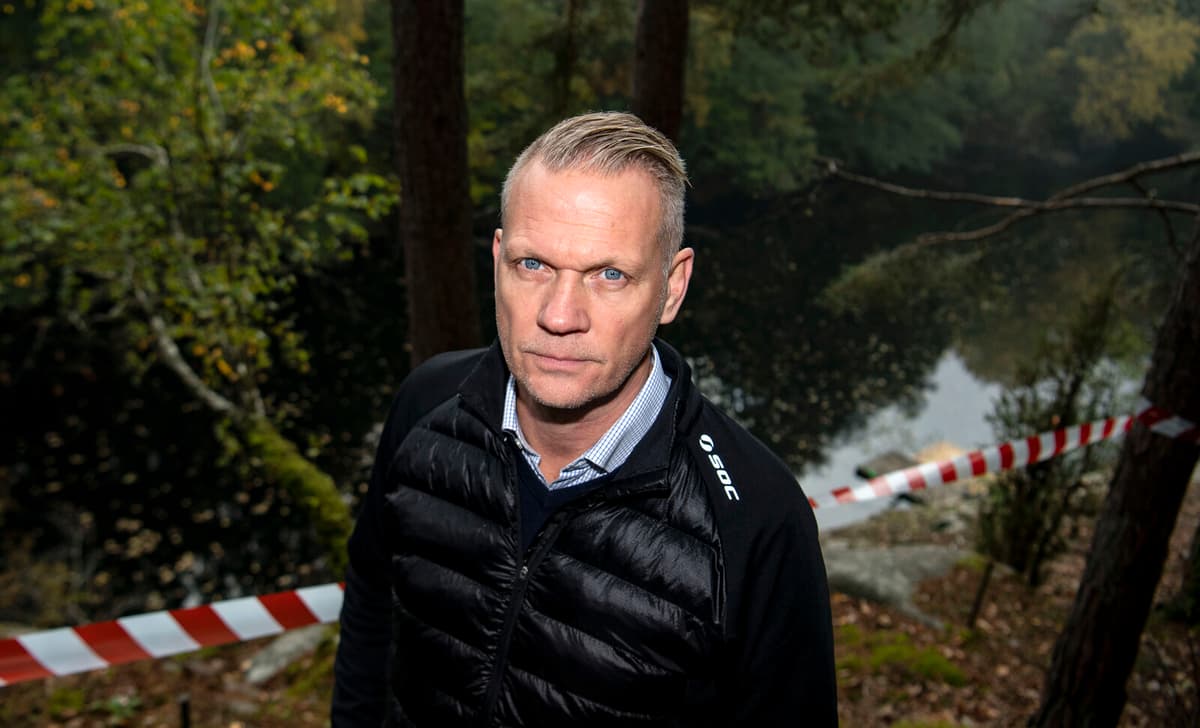If it is important to identify perpetrators, it is clearly even more important to identify a deceased person, says Commissioner Bo Lundqvist to Sydsvenskan.
In the police region South, where he works with cold cases, there are three murdered persons whose identity is unknown.
The Riksdag voted yes to the law on Wednesday afternoon, which from July 1st will give the police the opportunity to use DNA-based genealogy in murder and aggravated rape cases.
The method was tested in a pilot project a few years ago to solve a high-profile double murder in Linköping. However, the Data Protection Authority considered the procedure to be contrary to the law, and after the pilot project, it was stopped.
Despite the upcoming law change, the method will therefore not be used on unidentified bodies.
I myself brought it up with the Minister of Justice in November, and then I got the answer that they will take that issue in special order. The risk is now that it will take several years to move forward, says Lundqvist to Sydsvenskan.






